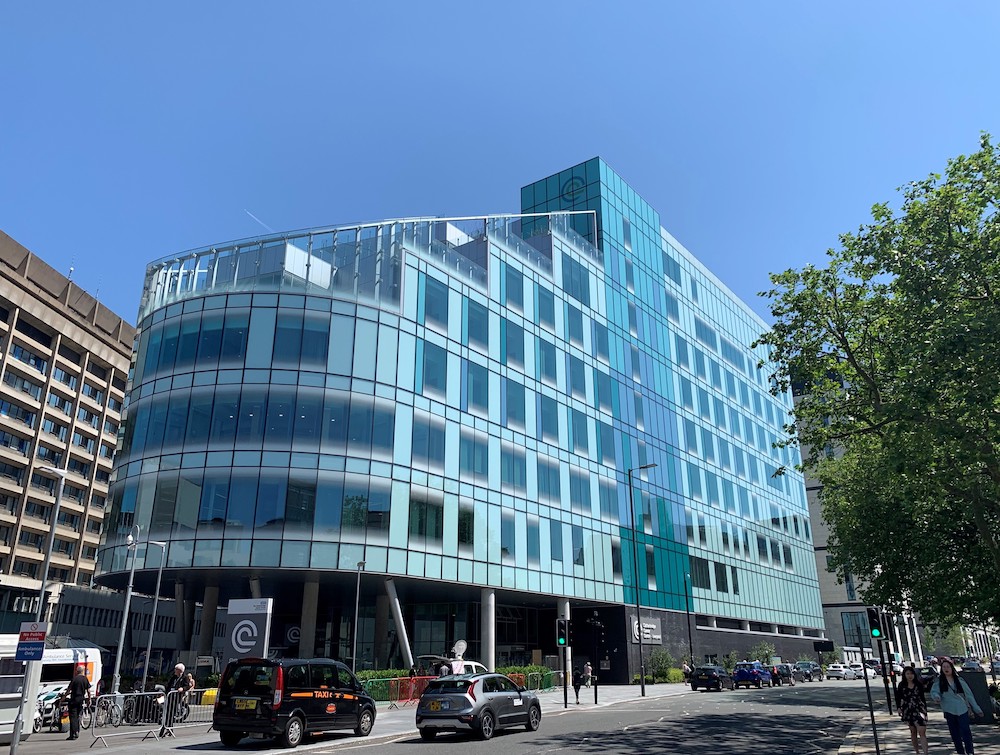
NHS
Expanded NHS support available for patients in GP practices across the North West
2 years ago
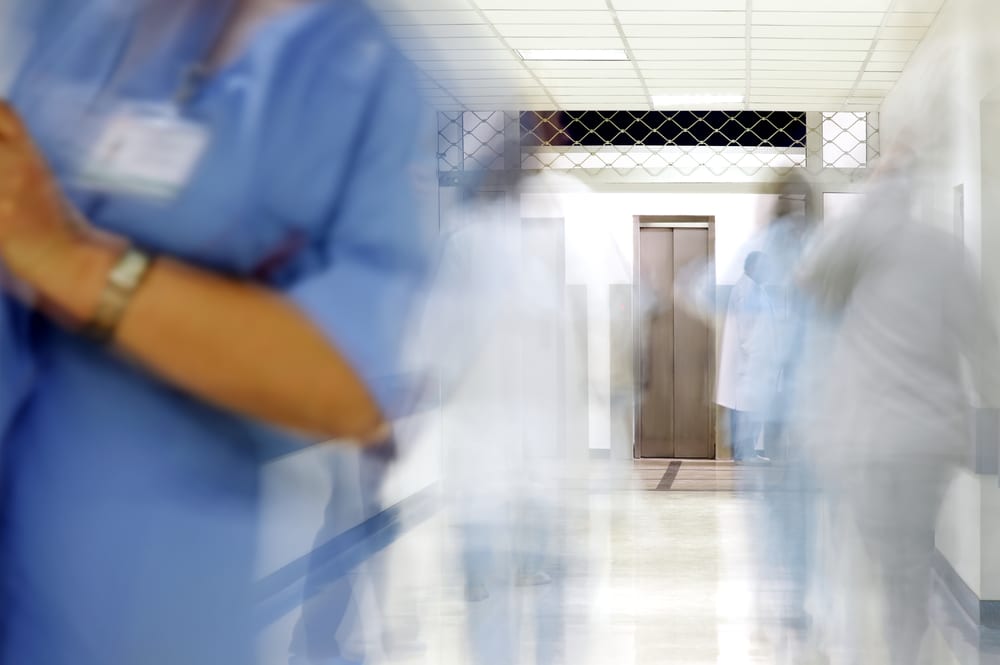
PATIENTS in the North West are benefiting from expanded GP services thanks to thousands of healthcare staff working across the region to support the new GP access recovery plan and help patients get the right care when they need it.
More than 3,400 additional staff have been recruited into NHS healthcare roles at general practices in the region since 2019, with community health teams, including pharmacists, mental health practitioners, paramedics, physios, and social prescribers now available to patients in addition to seeing their GP or practice nurse.
This comes as part of a national campaign to make sure the right help is available as record numbers of people are seeking support from their family doctors. With one in five GP appointments in England being for non-medical reasons such as loneliness or seeking advice on housing or debts, it’s important to have a wide range of professionals available to offer support.
A patient can always see their GP, be it face to face, over the phone or a virtual consultation. More than 700 staff from practices across the North West have been trained, and a further 400 places are available for new roles until the end of March 2024, to better assess patients’ needs when they first contact their practice so they can be seen by the right health professional. For example, if a patient has muscular pain, they will be booked straight into see a physiotherapist.
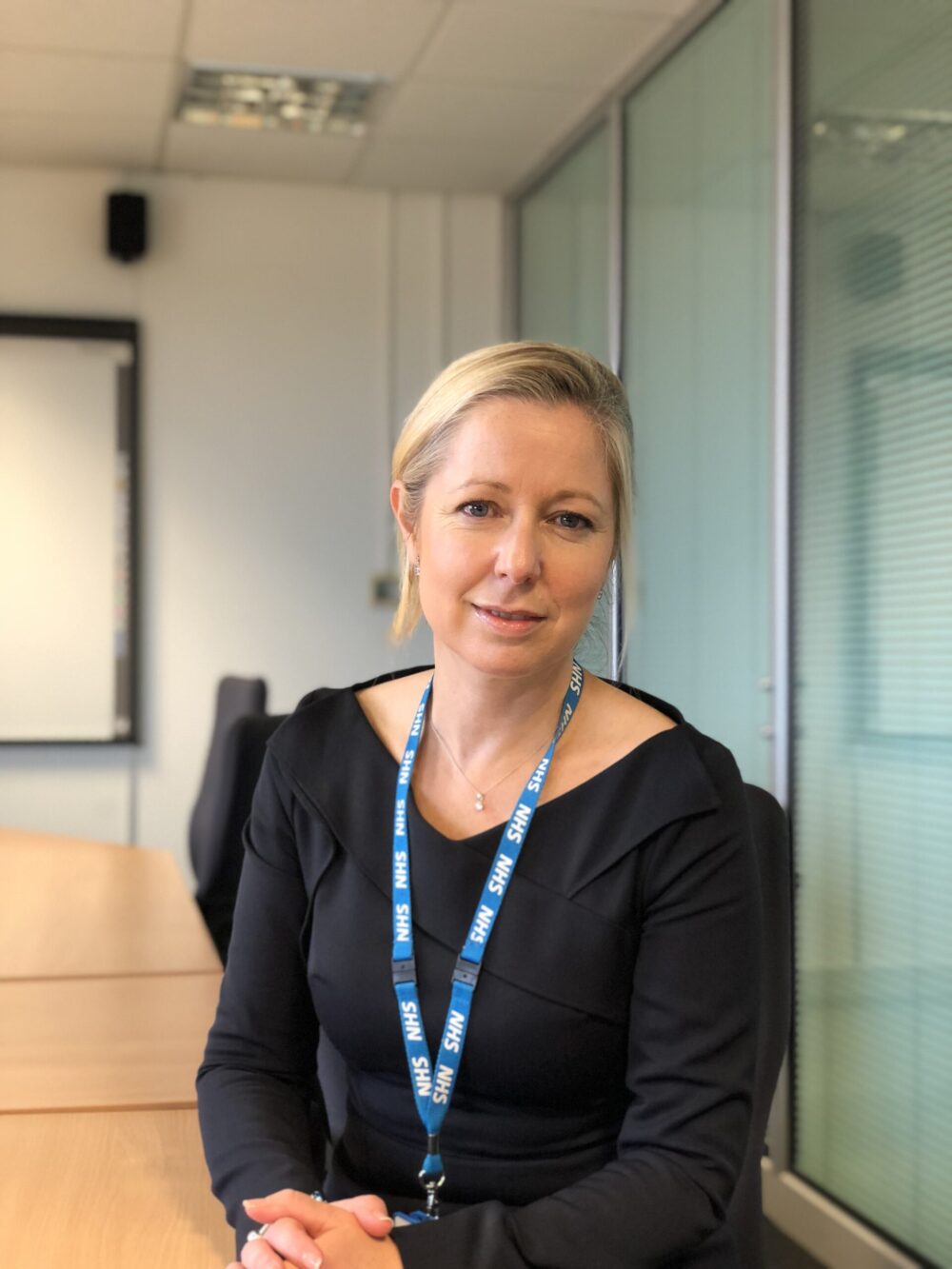
Dr Paula Cowan, Regional Medical Director for Primary Care at NHS England – North West said:
“Record numbers of people are seeking support from their GP practice, with teams treating 10% more patients per month compared to before the pandemic, and this demand is only going to increase with an ageing population, so the NHS must adapt its services to match this need.
“While people will always be able to see their family doctor when they need to, the NHS is giving people more options to support managing their symptoms and concerns with more than 3,400 new staff working in General Practice in the North West since 2019. This means patients can get specialist support from mental health professionals, physios, and pharmacists without needing to see a GP first.”
Merepark Medical Centre in Alsager has a patient list size of 7,500 and has a wide range of clinical and non-clinical roles serving their community. This includes clinical pharmacist and care coordinators, wellbeing coach, care navigator manager and a team of care navigators.
Right at the front door, care navigators have been introduced to help assess, prioritise, respond and assist to patient’s needs. They can direct patients to professionals within the general practice team or other medical professionals such as community pharmacists who can best meet the needs of the patients. Successful care navigation can help direct 40% of requests more effectively and speeds up appointments for those who need them.
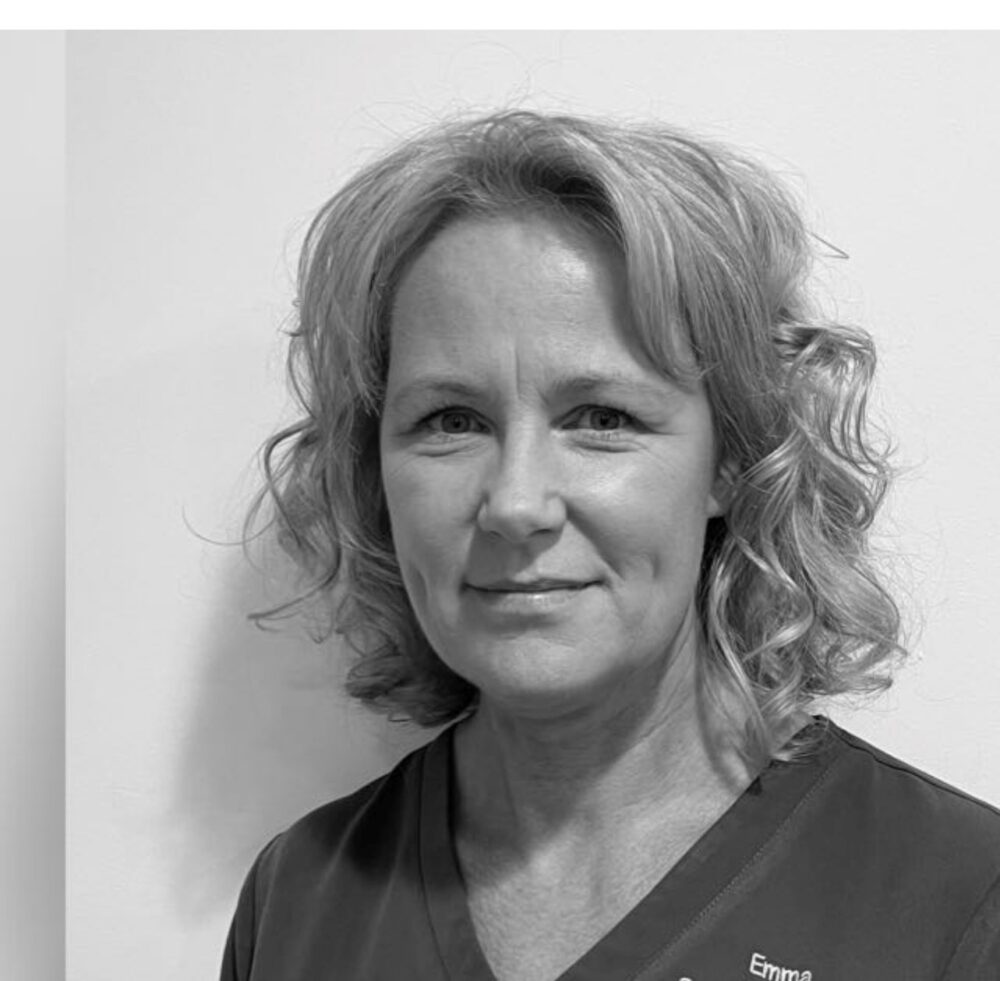
Emma Keane, care navigator manager at Mere Park Medical Centre in Cheshire said:
“Care navigation means we’re advising patients about what services are available, whether that’s here at the practice or to another local service. Instead of telling patients what to do, we let them know what their options are and they have a say in their own care.
“We do have to ask patients for quite a lot of information, so that we can advise and get them to the most appropriate care, as soon as we can.
“Instead of waiting for a GP to refer them to a physiotherapist, with our training and understanding we can direct them straight through to an appointment with the physio. That first phone call might feel different or unusual for the patient but thanks to the service and care we as a practice team can give them, the next time they ring they’re confident that we know what we’re doing. They know they can trust us.”
While public awareness of the new roles working in general practice may be low, in the North West more than 73% of people surveyed said they were happy to receive care from another health worker and 66% of people in the region said they were confident at identifying the roles available.
To help explain the support available in the community, a new film has been released by NHS England, which sees three curious children go behind the scenes at a general practice to meet some of these professionals and learn more about how they help patients get the care they need.
In Greater Manchester, Middleton Primary Care Network (PCN) is a group of general practices who have used additional funding to incorporate a wider team of clinical and non-clinical roles. The group of seven practices serves a population of more than 46,000 people and have introduced physiotherapy, social prescribing, mental health support, phlebotomy and pharmacy services for their population.
In an innovative move, and with more room needed, the idea to rent a space in the local shopping centre was developed by PCN Clinical Director, Dr Mo Jiva. Once approved, monies were pooled together by the PCN, Rochdale Health Alliance, and Public Health to rent a unit based in Middleton shopping centre.
Dr Jiva said:
“With six consultation rooms, a daily footfall of approximately 50,000, free parking and proximity to the local bus station, the hub was an ideal location to create a centre from which routine appointments can be offered to patients from all seven GP practices.
“It also provides us with an opportunity to promote public health campaigns and signpost residents to other services. Routine appointments for blood tests, physiotherapy and pharmacy are also available daily at the hub.”
Taking on additional space and being able to offer more services has resulted in reduced waiting times across the PCN and freed up approximately 100 GP appointments per week. Significantly, the hub provides a space for staff across disciplines to work together to support patients and have important health conversations.
Expanding roles in general practice is just one part of the wider plan to improve access to primary care services.
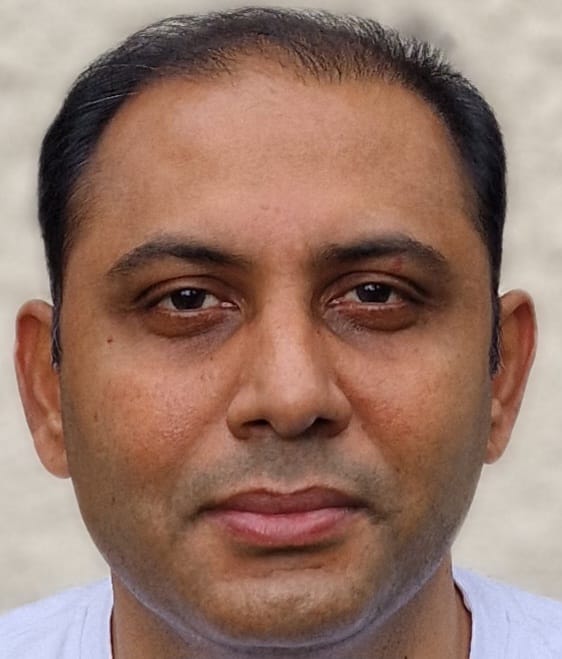
Dr Santhosh Davis, GP in Burnley and clinical and care professional lead for East Lancashire said:
“As a GP, I find it helpful to have a range of health professionals on hand to support me in my practice, it means patients can benefit from a team of specialists that can help them in many different ways.
“Whether it’s mental health support, advice about bones and joints, or simply giving our care navigation team more information about what you need help with when you contact your practice, this all ensures we can get you the right care you need as fast as possible.”
The primary care plan published by NHS England and the Government earlier this year committed to offering people more convenient options to seek care including options to self-refer for conditions such as physiotherapy, podiatry, and hearing tests without seeing a GP.


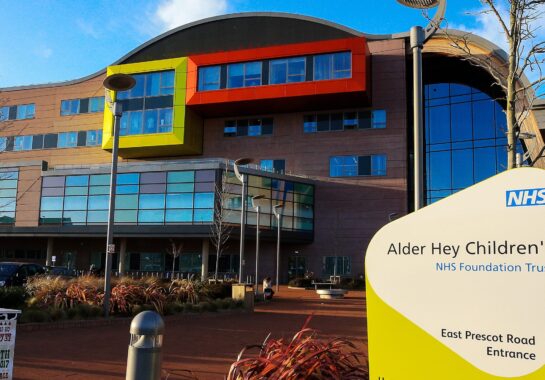
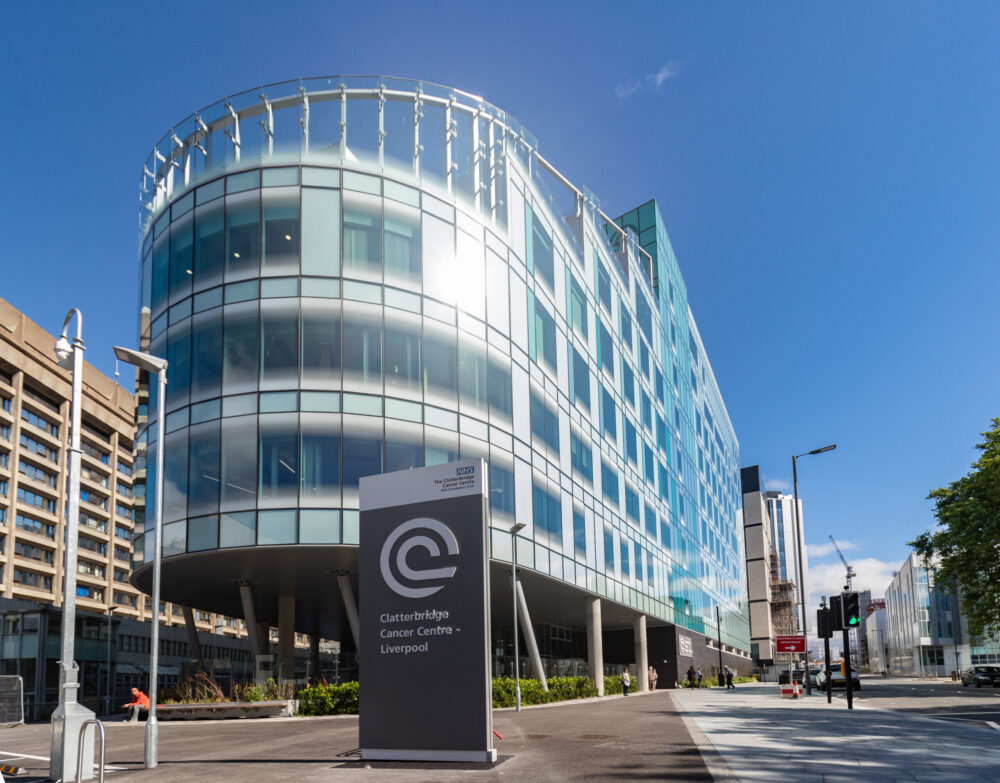
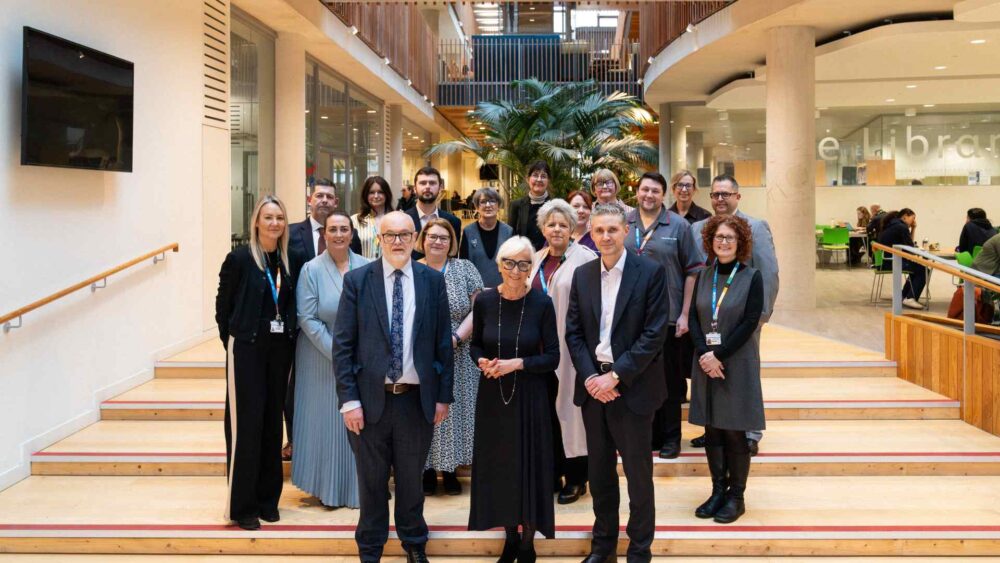
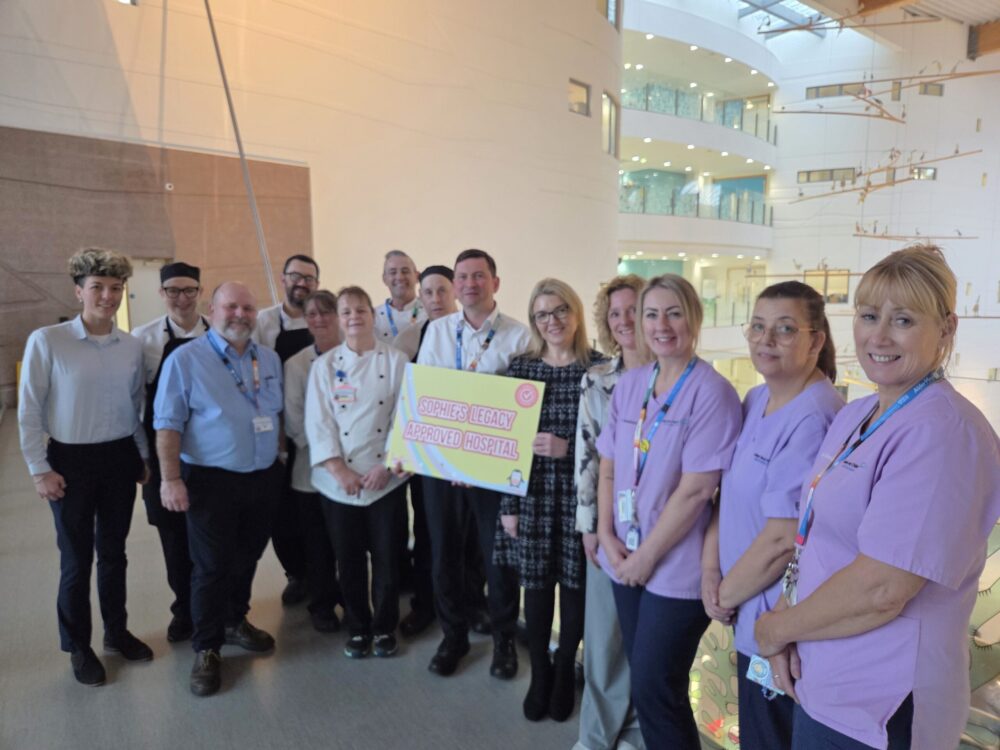
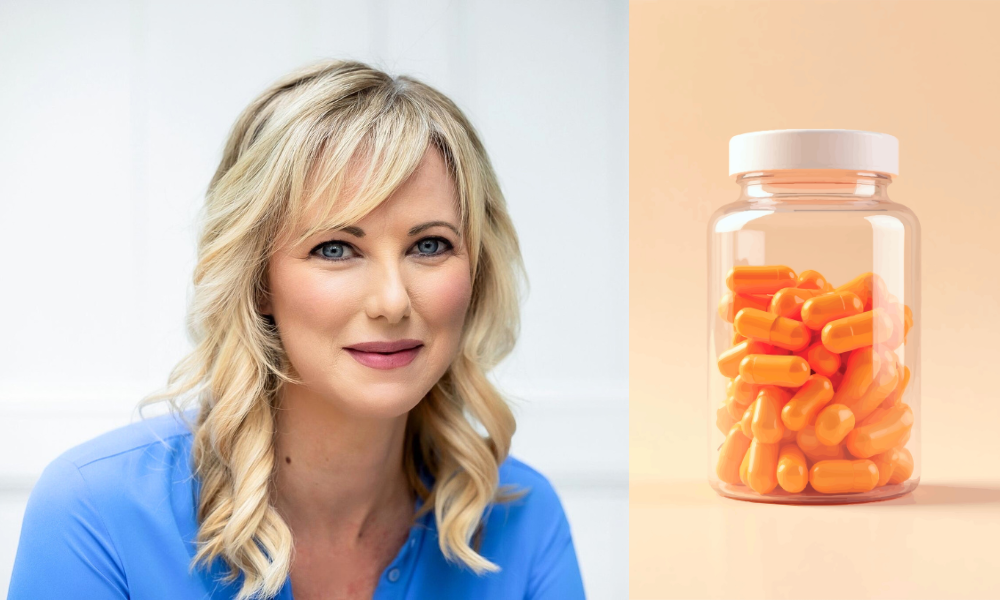
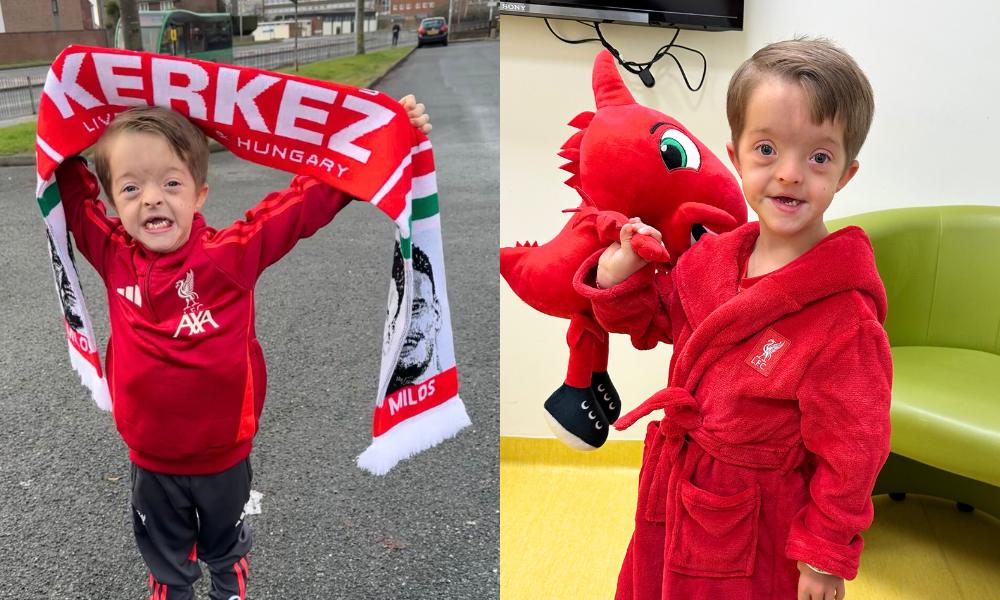
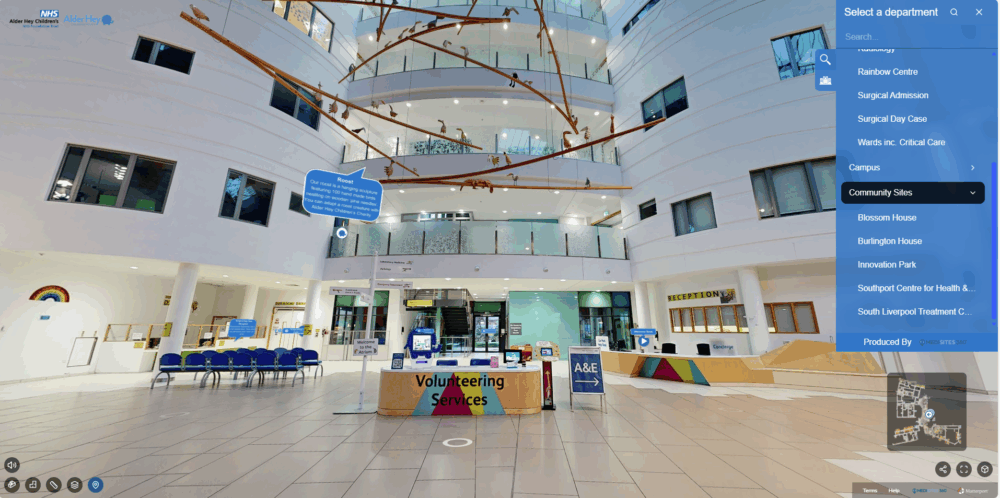
 Subscribe
Subscribe Follow Us
Follow Us Follow Us
Follow Us Follow Us
Follow Us Follow Us
Follow Us Follow Us
Follow Us











